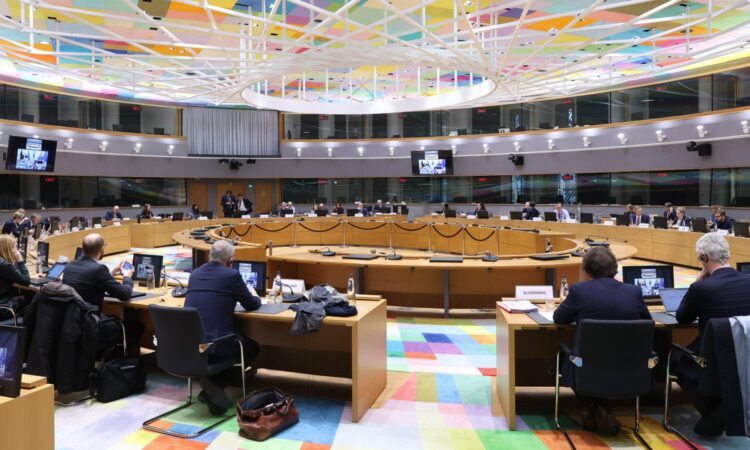
In another move aimed at “boosting investor confidence in sustainable products,” the European Union (EU) Council has reached an agreement on a new proposal to regulate environmental, social, and governance (ESG) ratings.
ESG ratings have an “increasingly important impact on the operation of capital markets and on investor confidence,” the EU explains. They serve as a beacon, offering an opinion on a company’s or financial instrument’s sustainability stance by evaluating its exposure to sustainability risks as well as its societal and environmental impacts.
The new rules aspire to bolster the reliability and comparability of ESG ratings. This will be achieved by amplifying transparency and ensuring the integrity of operations within ESG rating providers.
Key measures include making ratings more uniform across providers and curbing potential conflicts of interest.
Crucially, ESG rating providers will now need to be authorized and supervised by the European Securities and Markets Authority (ESMA). They will also need to comply with transparency standards, especially concerning their evaluation methodologies and information sources.
The Council’s mandate brings several pivotal changes to the table. Notably, it refines the parameters determining when ESG ratings are subject to the regulation, offering clearer guidelines on potential exemptions.
The Council also clarifies that, in line with the EU’s Corporate Sustainable Reporting Directive (CSRD), “ESG ratings encompass environmental, social and human rights or governance factors.”
For ESG rating entities eyeing the EU market, compliance is set to become more structured. They will either need to secure ESMA authorization or, if based outside the EU, obtain an “equivalence decision, an endorsement for their ratings, or a form of recognition.”
The Council’s mandate also clarifies what constitutes operating in the EU and provides “further clarification on the applicable provisions under the endorsement regime.”
In a nod to fostering innovation and inclusion, the Council introduces a transitional registration framework spanning three years for emerging ESG rating providers and those operating on a smaller scale.
Entities opting into this interim regime will be exempt from ESMA’s supervisory fees but will “have to comply with some general organisational and governance principles, as well as transparency requirements to the public and users.”
Related Articles: How Financial Services Organizations Could Align With ESG Principles | Why You Should Invest Sustainably | ESG Investing: No Longer Just For The Generous and Wealthy? | Do S&P 500 Companies Align with ESG Criteria From MSCI and Impakter’s Index?
“They will also be subject to the powers of ESMA to request information and conduct investigations and on-site inspections. Upon exiting this temporary regime, small ESG rating providers will need to comply with all the provisions outlined in the regulation, including the requirements regarding governance and supervisory fees,” the EU explains.
Addressing operational nuances, the Council permits ESG rating entities certain flexibilities, allowing them to integrate specific activities without mandating separate legal entities.
However, this flexibility comes with strings attached, demanding a “clear distinction between activities” and robust conflict-of-interest avoidance measures. Notably, this provision excludes consulting or audit services when rendered to entities undergoing ratings.
The roadmap ahead is clear. Following the European Parliament’s endorsement of its negotiating mandate in December 2023, the Council’s agreement paves the way for anticipated interinstitutional negotiations, slated to begin in January 2024.
As Europe solidifies its stance on sustainable finance, these developments signal a progressive stride towards a greener, more transparent financial landscape.
Editor’s Note: The opinions expressed here by the authors are their own, not those of Impakter.com — In the Featured Photo: Informal meeting of Economic and Financial Affairs Council via videoconference, Dec. 20, 2023, Brussels, Belgium. Featured Photo Credit: European Union.






